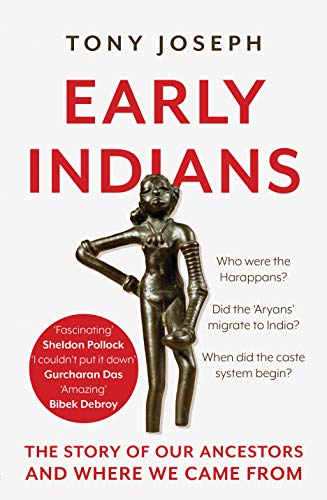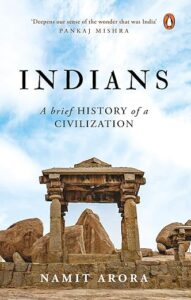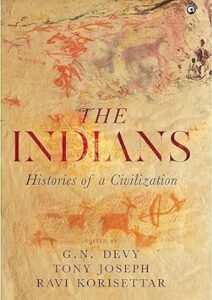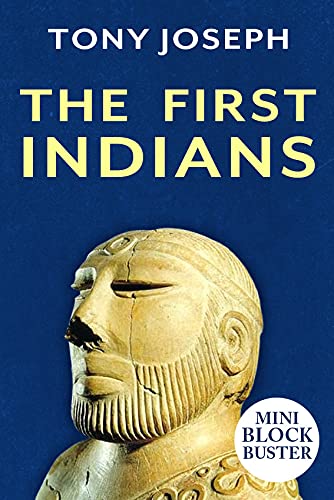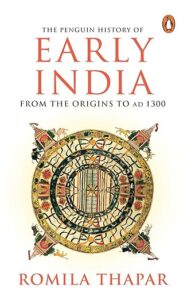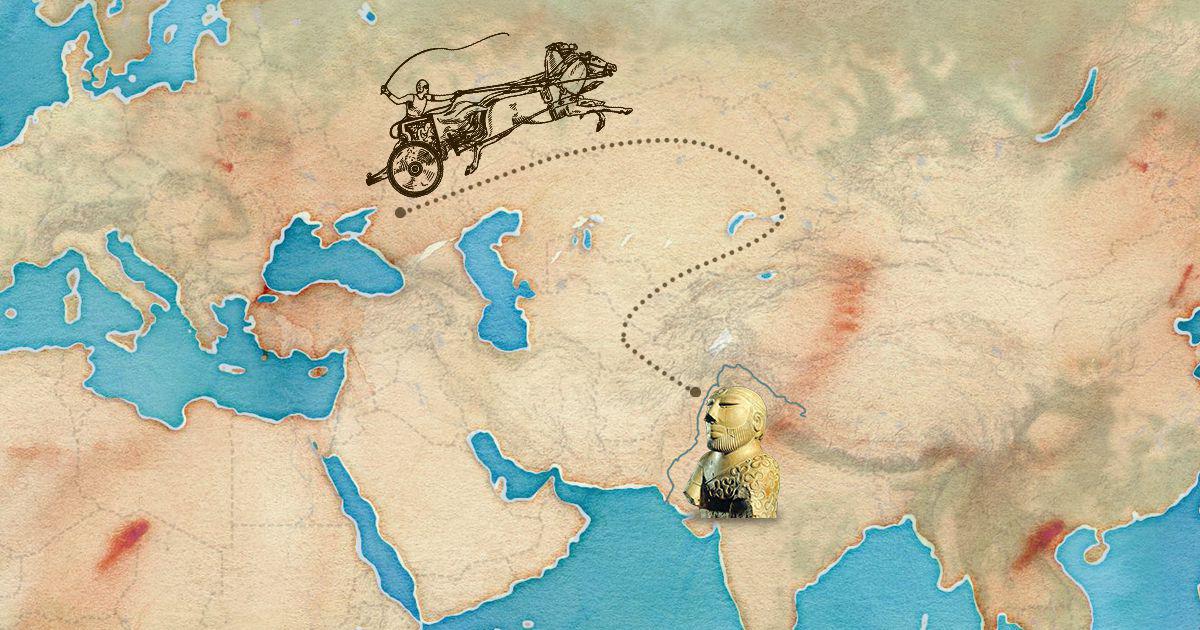“If you want to get as close as possible to the lives of the first modern humans in India, one of the best places to go to is Bhimbetka in MP’s Raisen district, about 45 kilometers from Bhopal. It is an enchanting place spread over seven hills and full of naturally occurring rock shelters that are perhaps more imposing and majestic than most man-made residences of the twenty-first Century.”
Why I picked this Book?
History has always fascinated me, and I wanted to know more about the history of Indians, and where we came from. Who were the original inhabitants of the Indian subcontinent? What is the Aryan migration theory? Which was the first Indian civilization? Are we Indians a pure race as claimed by the Indian right wing? And more such questions. This book is supposed to answer these questions with the latest scientific DNA research and archaeological and linguistic evidence. So, the urge to know more about the subject made me pick this book.
The Book
Early Indians: The Story of Our Ancestors and Where We Came From, tells us a story that goes back to 65000 years into the past. The author starts from the time when the first modern human (Homo sapiens) reached India from Africa, then talks about the first farmers of India, the first Civilization of India, the various migrants who came to India and assimilated with the early Indians, and the last of the migrants, the Aryans.
The author explains the population structure of today’s India with an example of Pizza. The base of the pizza is formed by the first Indians (out of Africa migration). The Harappans, born from a marriage with Iranian immigrants, became the sauce on the pizza. Then came the cheese and all the toppings: the Aryans, the Tibeto-Burmese, and the Austro-Asiatic language speakers. And it is together that they have created what we today define as Indian culture and Indian identity.”
To make his point the author gives you details about the latest DNA research. This might get overwhelming if you have no understanding of DNA and its structure. One needs to put an effort into going through the chapter that explains DNA research. Barring the chapter on DNA the book is to understand and comprehend. It gives you an idea about the composition of the Indian population and the various migrations that shaped today’s India. Along with the latest DNA study, the author provides various papers and articles to substantiate his point about the formation of the Indian population as we stand today.
According to the author, the best way we can define ourselves is as a multi-source civilization, not a single-source one, drawing its cultural impulses, traditions, and practices from a variety of heredities and migration histories. The Out of Africa migrants, who came to India around 65000 years ago, those who arrived from West Asia and contributed to the agricultural revolution and building of the Harappan Civilization, and those who came from East Asia bringing with them new languages, plants, and farming techniques and those who migrated here from central Asia, bringing the earlier version of the great language Sanskrit. All have mingled and contributed to this civilization we call Indian. We are all Indians. And we are all migrants.
Writing Style and Ease of Readability
This is a brilliantly written book that breaks down complex ideas with impressive clarity and ease. It grips you from the start, compelling you to keep turning the pages to see where it all leads. The chapter on recent DNA research was particularly intense—I had to read it twice to fully grasp it completely. The rest of the book flows seamlessly, packed with insights and written in a style that’s both engaging and accessible. By the end, it becomes clear: this isn’t just a good read—it’s an essential one
About the Author
Tony Joseph is an Indian journalist and former editor of Businessworld magazine. Until 2018, he was also the chairperson and co-founder of Mindworks Global Media Services. He is based in New Delhi. Joseph has been an editor and a journalist for over three decades and was, at various times, features editor of The Economic Times, associate editor of Business Standard and editor of Businessworld magazine (from 1998). His articles have appeared in Outlook India, Quartz, Live Mint and The Hindu.
